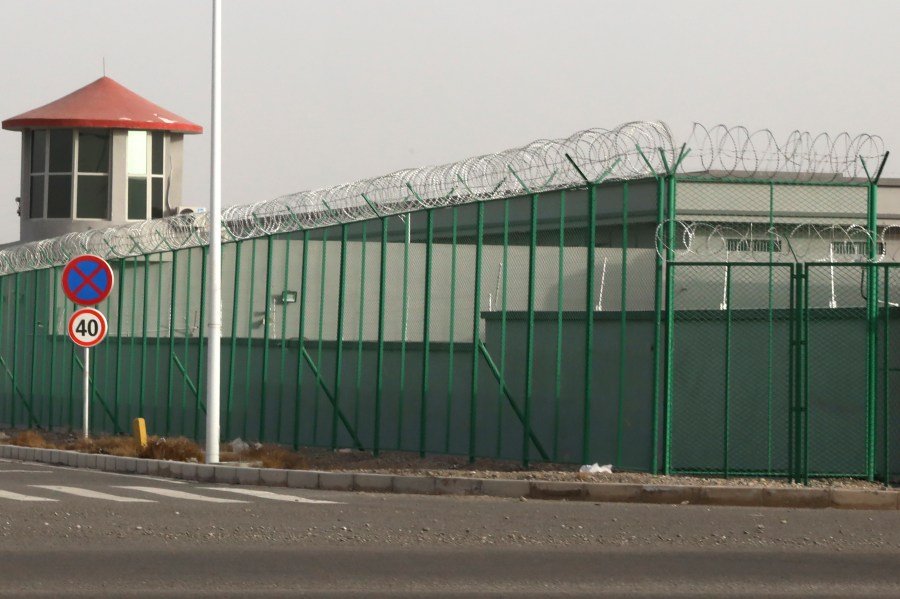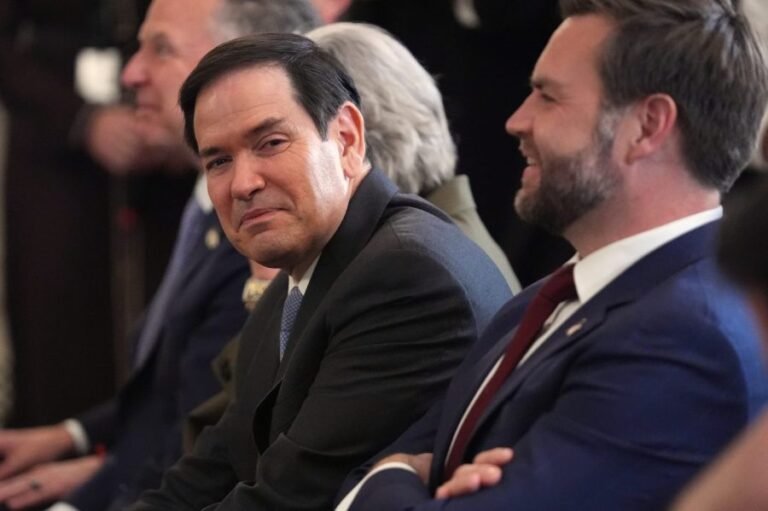
China has long invited foreign delegations to Xinjiang to promote its preferred narrative of Uyghur life. But something new and troubling happened recently.
For first time, a group of Turkish journalists visited East Turkistan — Xinjiang in Chinese terminology — at the invitation of the Chinese Consulate and in coordination with the Turkey-China Friendship Foundation. After a week-long visit, the group appeared on Turkish television, where they openly denied the ongoing Uyghur genocide.
This not just another propaganda success for Beijing. It is a betrayal, particularly because Turkey is the country most closely connected to Uyghurs by ethnicity, culture, and history. Moral solidarity might be expected from Turkey. What the world saw instead was submission to Beijing’s staged theater.
One of the journalists involved in this charade described Uyghurs dancing joyfully in the streets, insisting that it proved their happiness. Yet anyone familiar with human societies knows that spontaneous mass dancing is rare outside of weddings or festivals. When hundreds dance at once, it is choreographed. In Xinjiang, under one of the world’s most advanced surveillance regimes, such performances are carefully staged. The fact that no “organizer” was visible only underscores the manipulation: the choreography was designed to appear “natural.”
Another Turkish journalist cited bilingual billboards and a Uyghur-language newspaper as proof that the Uyghurs’ language has not been banned. But symbolic signage is no substitute for living use. Uyghur-medium education has been dismantled in Xinjiang. Official use of the language has been abolished and its prospects deliberately suffocated. State-sanctioned media in Uyghur exists not to preserve the language but to push propaganda to those who do not understand Chinese.
These Turkish journalists also claimed they saw no internment camps in Urumqi. But who would expect otherwise on a government-supervised tour?
Even Beijing itself admitted long ago to the existence of the so-called “vocational training centers” that are internment camps. This occurred all the way back in 2018, two years after their establishment.
Official claims that “students” have graduated remain unproven. Meanwhile, mosques stand empty, public squares deserted, and Uyghur neighborhoods hollowed out. The camps’ existence is corroborated by satellite images, leaked government documents, and above all by the testimonies of Uyghurs in exile. In Istanbul alone, tens of thousands of Uyghurs can point to missing relatives.
Perhaps most insulting of all was the claim that Uyghurs live so well they would never move to Turkey, “even if tied up.” If this were true, why have more than 30,000 Uyghurs registered with Turkey’s immigration authorities?
For years, China has relied on delegations from authoritarian or aid-dependent countries to amplify its narrative. These voices carried little credibility in the democratic world. The Turkish journalists, however, represent something different: They come from a country with open media, public debate, and democratic traditions. Their participation in this propaganda is thus a symbolic breakthrough for Beijing and a moral setback for Uyghurs.
History knows examples of brotherly nations betraying one another, but rarely so cheaply, and never in the shadow of genocide. To see members of a nation that once ruled three continents flattering a tyrant is not only painful — it is disgraceful.
Yet if the Turkish delegation’s visit demonstrated the shamelessness of opportunists, it also highlights the resilience of Uyghurs themselves — from ordinary villagers who clung to their faith under threats of death, to such intellectuals as Ilham Tohti, Abduqadir Jalalidin, Yalqun Rozi, Perhat Tursun who spoke truth even at the cost of life imprisonment.
China can stage one thousand more such visits. It can invite 100,000 more foreign guests to repeat its talking points. But no matter how many delegations it organizes, no matter how many propaganda broadcasts it produces, it cannot cover up genocide.
History will not remember the cheap flatteries of opportunists. It will remember those who resisted. It will remember the voices of the victims, not the lies of China’s visitors.
The Turkish delegation’s three-and-a-half-hour television program may have entertained its producers. But for the Uyghurs, it was a fresh wound — a reminder that betrayal can come even from those who share blood, culture, and history.
China will one day be held accountable for its crimes. The Uyghur people will endure, strengthened by their suffering. What we ask from the world is not pity but responsibility. Stand with justice in the face of atrocity. Those who fail to do so will be judged not only by history, but by the measure of their own humanity.
Let the Turkish visitors keep their free meals and their propaganda video. Their words will fade, but the truth will remain.
Shohret Hoshur is a political emigre from China’s Xinjiang Province now living in Washington, and a former employee of Radio Free Asia.


